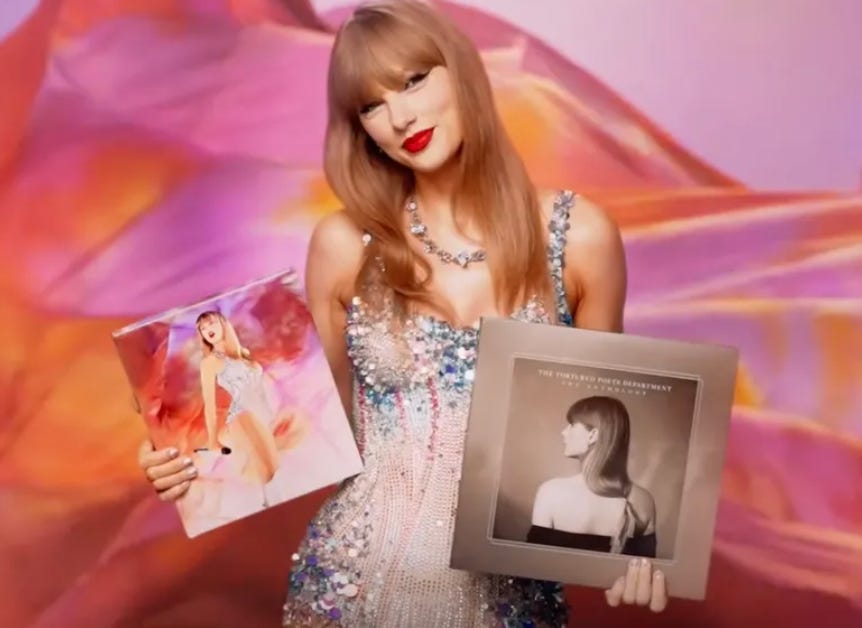This is the 261st edition of SHuSH, the official newsletter of The Sutherland House Inc. If you’re new to SHuSH, push the button:
Sutherland House accepts submissions of manuscripts or proposals for nonfiction books (all agents welcome, but no agent required): submissions@sutherlandhousebooks.com
Keep reading with a 7-day free trial
Subscribe to SHuSH, by Kenneth Whyte to keep reading this post and get 7 days of free access to the full post archives.




